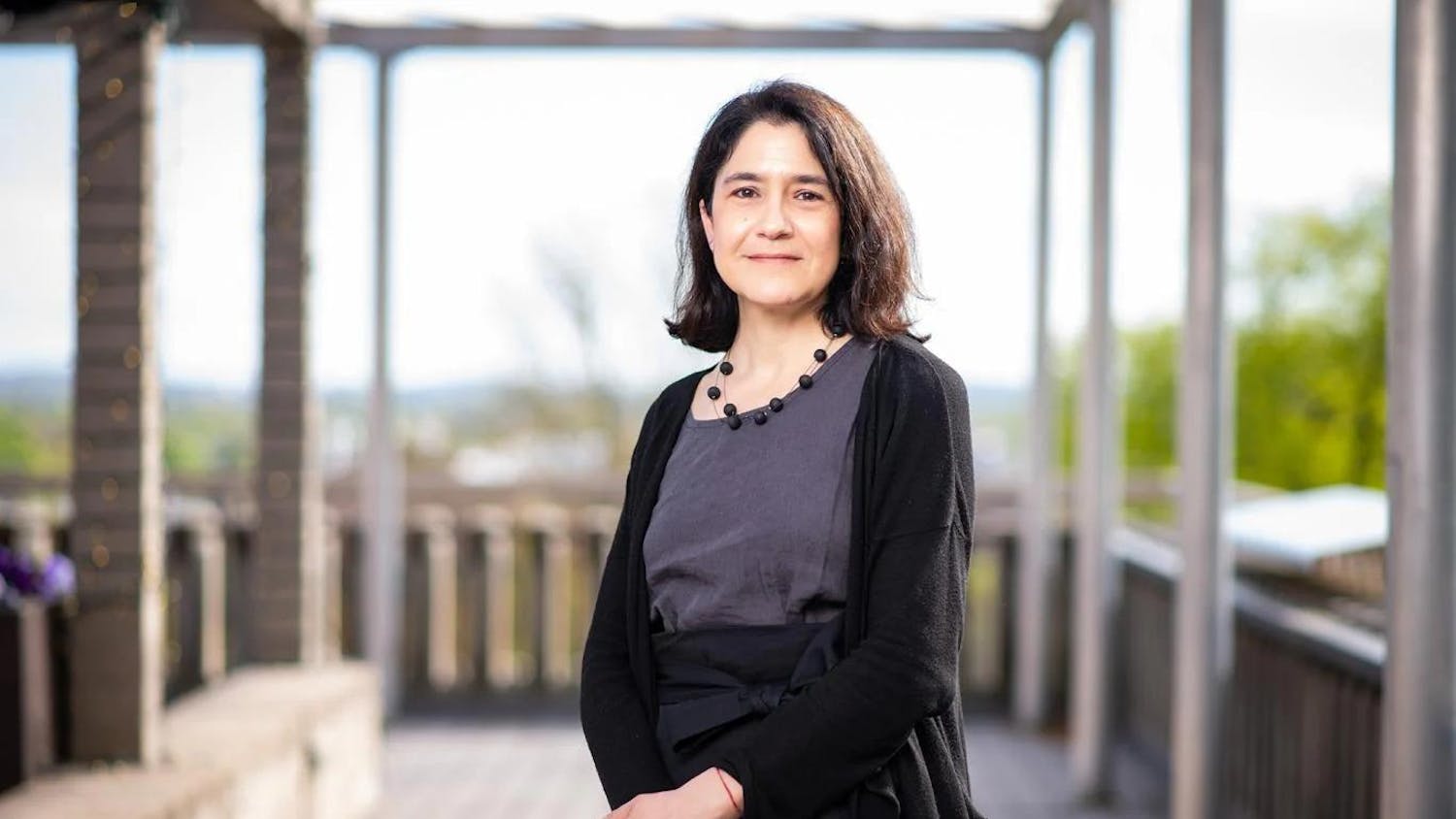Tufts Venture Fund (TVF) and the Tufts Entrepreneurs Society (TES) hosted Spark Capital Partner BijanSabet, an early investor in Twitter, Foursquare and Tumblr, for a discussion about entrepreneurship last Friday afternoon.
Associate Editor of the Harvard Business Review Walter Frick moderated the event, which is part of an ongoing speaker series at Tufts.
Spark Capital is a Boston-based venture capital firm that partners with entrepreneurs wishing to create "disruptive, world-changing companies," according to its website. The company invests in market segments such as advertising and monetization.
Sabet, a general partner at Spark Capital since its inception in 2005, led the firm's early investment in Twitter in 2008 and served on its board from 2008 to 2011.
"I first heard about Twitter as a user," Sabet said. "I became completely infatuated with it. I begged and then they let me invest in it."
Twitter announced on Sept. 12 that the company filed an S-1 Form, which contains basic business and financial information regarding securities offers, in preparation to go public. If Spark Capital sells its stock, it expects to earn a profit, Sabet said.
Sabet said he invests in projects that have passionate entrepreneurs behind them.
"I want to understand why they're building what they're building, and if the answer is, 'Hey, we see this opportunity to sell this company in a couple years, and Google will buy us,' that tends not to get me very inspired," he said. "But if I hear this idea has been keeping them up all night for the last six months or six years or something, and it's really what they want to see in the world, that's what tends to get me excited."
Passion for the product is essential for aspiring entrepreneurs, according to Sabet.
"I'm meeting too many people who are in love with the idea of starting a company, but not in love with the actual thing they're building," he said.
Sabet warned that the success rate for startups and venture capitalists is low.
"If you have this mindset that you're going to do something audacious and you're going to go for it, and there are many practical reasons why this is a bad idea," Sabet said. "But if you're going to do it anyway, you really have to convince yourself [that] it's worth it, and it's not for the financial worth. It's because the idea is so captivating."
Still, he explained that venture capitalism is not always necessary to have a successful company. With the right technique and mindset, small companies can compete with large ones, he said.
"The only reason why startups can beat big companies is they can stay focused and move faster," he said. "They can't outspend a big company [and] they can't staff like a big company, so their big secret weapon is moving fast and being focused."
Sabet believes there is momentum for new businesses in Boston as entrepreneurs are relocating to the center of the city and increasing communication and networking energy.
"I'm really psyched about what's happening right now in this town," Sabet said.
TVF and TES are planning future events to spark conversation among students interested in startups, according to President of TES James Downer.
"The goal is to unify all the cool people, the interesting people, who have ideas and are building things around Tufts," he said.
Downer said the speaker series will continue with a presentation by Bluefin Labs founder Deb Roy and an Oct. 25 on-campus "hackathon."





